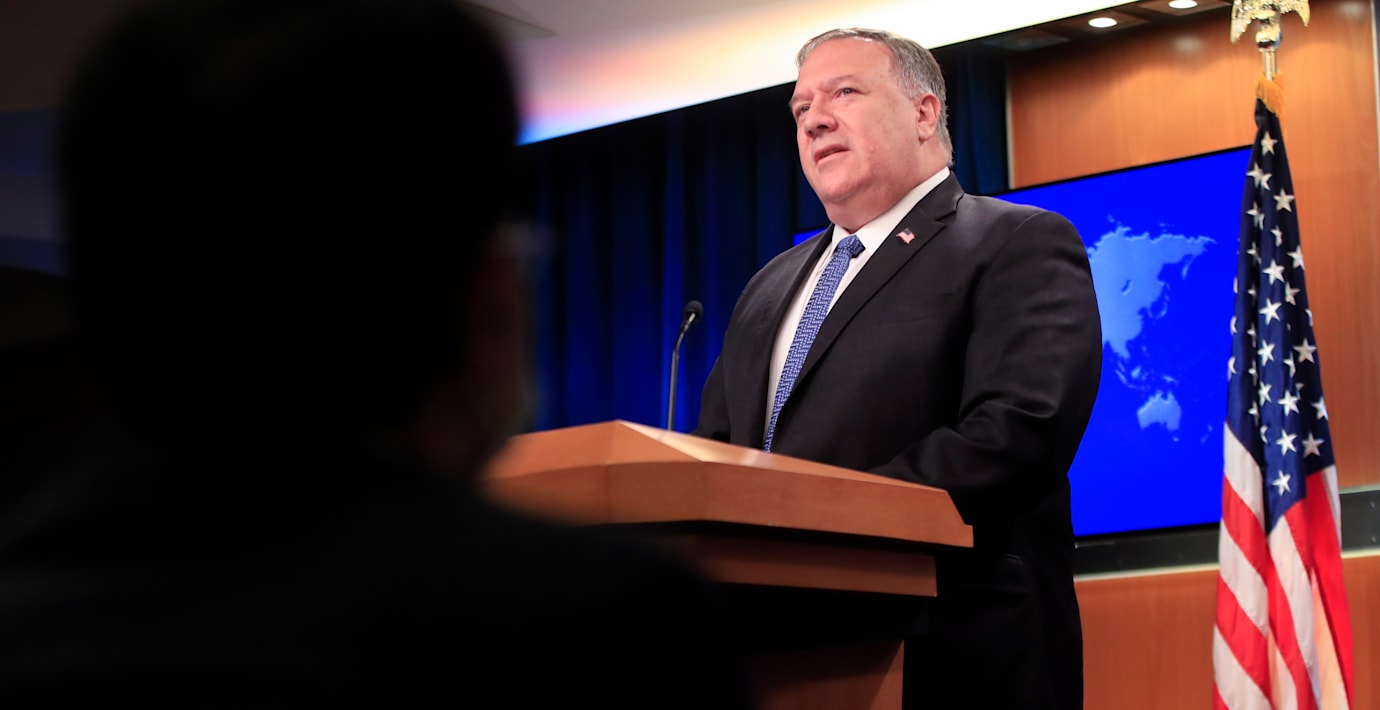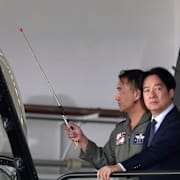bakgrund
Relationerna mellan USA och Taiwan
Wikipedia (en)
Taiwan–United States relations, also known as Taiwanese–American relations and historically Sino–American relations, refers to international relations between the Republic of China (ROC), commonly known as Taiwan, and the United States of America. The bilateral relationship between the two states is the subject of China–United States relations before the government led by the Kuomintang (Chinese Nationalist Party) retreated to Taiwan and its neighboring islands as a result of the Chinese Civil War and until the U.S. ceased recognizing the ROC in 1979 as "China" and started referring to it as "Taiwan". Prior to relations with the ROC, the United States had diplomatic relations with the Qing dynasty beginning on June 16, 1844 until 1912.After the United States established diplomatic relations with the Beijing government, or People's Republic of China (PRC), under the Communist Party of China's rule as "China" in 1979, the Taiwan–United States relations became unofficial and informal. Until March 16, 2018, informal relations between the two states were governed by the U.S. Taiwan Relations Act (TRA), which allows the United States to have relations with the "people on Taiwan" and their government, whose name is not specified. U.S.–Taiwan relations were further informally grounded in the "Six Assurances" in response to the third communiqué on the establishment of US–PRC relations. Following the passage of the Taiwan Travel Act by the U.S. Congress on March 16, 2018, relations between the United States and Taiwan have since maneuvered to an official and high-level basis. Both sides have since signed a consular agreement formalizing their existent consular relations on September 13, 2019. The United States removed self-imposed restrictions on executive branch contacts with Taiwan on January 9, 2021.The policy of deliberate ambiguity of US foreign policy to Taiwan is important to stabilize cross-strait relations and to assist Taiwan from an invasion by the PRC if possible, whereas a policy of strategic clarity on Taiwan would likely induce PRC opposition and challenges to US legitimacy in East Asia or beyond. As stipulated by the TRA, the United States continues to be the main provider of arms to Taiwan, which is often a source of tension with the PRC. Both states maintain representative offices functioning as de facto embassies. Taiwan is represented by the Taipei Economic and Cultural Representative Office in the United States (TECRO), and the United States by the American Institute in Taiwan (AIT).




